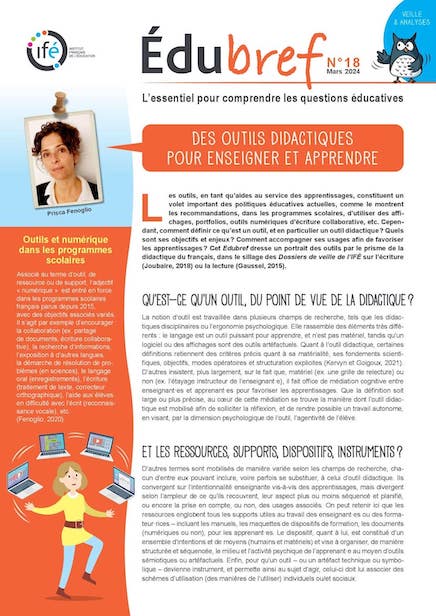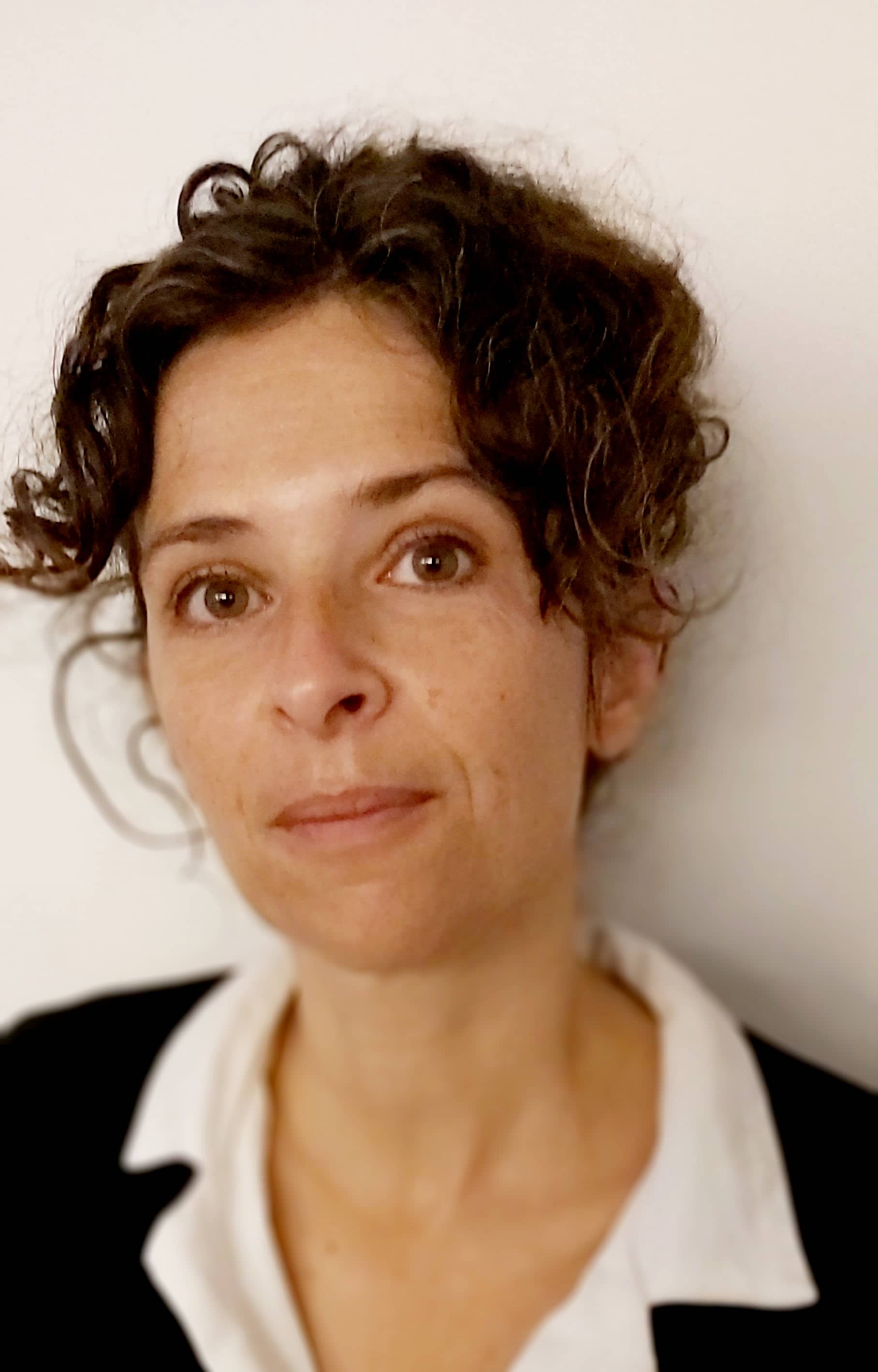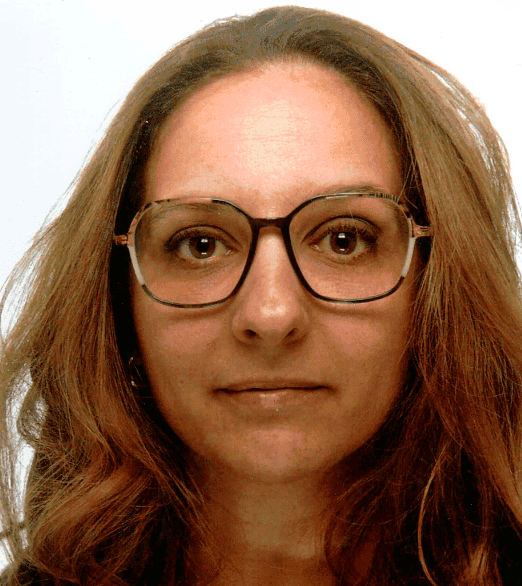Pays : États-Unis
Langue(s) : anglais
Date : du 17-02-2013 au 20-02-2013
Lieu : New Orleans Marriott
Organisation : Association of International Education Administrators (AIEA)
Programme :
In recent years, the “comprehensive internationalization” of higher education institutions has been the primary focus of leaders in international higher education. By integrating an international dimension into teaching, research, and outreach, we have sought to transform higher education institutions into global institutions. We are now reaching a new era in this process where many institutions have embraced internationalization. At the same time, there are still many institutions where rhetoric regarding a global dimension still outweighs vision, strategy, and action. Further, internationalization as we know it today has inherent implications which are not always viewed as positive including brain drain, academic imperialism, and the commodification of higher education. Additionally, the current process of “comprehensive internationalization” no longer represents the full scope and development of international initiatives today that are transforming our institutions and the world. Therefore, a more effective approach may be to shift the focus from “internationalizing” higher education as a process applied to institutions to instead re-imagining and re-visioning higher education in a globalized world. Every single person and location today is impacted by actions of those in other parts of the world. Higher education plays a critical role in understanding and shaping those interactions and events.
This shift in viewing higher education as adapting to a global setting changes the role of senior international officers who no longer apply a process but lead approaches at their institutions to meet the needs and interests of globally mobile students and faculty more broadly, as well as to advance their institutions’ missions in a global context. This also entails responding to the needs of the world at large such as through development, capacity building and addressing collectively the pressing issues of the 21st century including poverty, health, and a sustainable environment. Please join us for the 2013 AIEA Annual Conference in New Orleans to re-imagine higher education in a global context, moving beyond internationalization as an institutional process to adapting higher education to a globalized world.
Conference Speakers:
- Hans De Wit
Director, Centre for Higher Education Internationalization
Università Cattolica del Sacro Cuore
- Eric Liu
Author / Educator, founder of the Guiding Lights Network, which promotes and teaches the art of creative citizenship
- Michèle Ledgerwood
Senior Associate, Center for Strategic and International Studies (CSIS)
- George L. Mehaffy
Vice President for Academic Leadership and Change, American Association of State Colleges and Universities (AASCU)
The following sub-themes are especially encouraged:
1) Facilitating Change by Applying Imagination
How can we use imagination to effectively shift our thinking and the approach our institutions take to address pressing global issues? How can we envision international higher education to be different than it is now? How do you imagine global engagement being realized at your institution? What are lessons learned as international education leaders have served in the role of change agent? How can higher education change the type of thinking that we currently take for granted, such as the obsession with rankings for institutional decision-making and our focus on numbers rather than quality? How can we create innovative partnerships that address global problems? How can we empower our mobile students and international faculty to assist in providing education that fully reflects multiple perspectives on global concerns?
2) What are the Global Priorities?
Understanding the global context and defining the global priorities that higher education can address: The needs of globally mobile students and their home countries, workforce and economic development, capacity development in higher education across the world, and multilingual skills and intercultural knowledge that fosters global understanding. What are the expectations of higher education in responding to the needs of the world at large? What are the models of global engagement and partnerships that embrace new intersections between higher education and global development and sustainability needs?
3) Technology
How will technology serve us in reimagining higher education? How will online courses and other virtual course technology impact student mobility trends, teaching and learning, students developing global competency skills, faculty engaging in international initiatives, and university partnerships? Is technology creating barriers to students’ cultural immersion and to developing intercultural skills? Is virtual experience equivalent to “being there”? Are higher education and the technology we use meeting the communication and learning styles of students today? How will students’ communication and learning needs change in the next 10 years with increasing dependence on technology? What new technologies are emerging that can help transform global higher education?
4) The Leadership Role
How can the international education leader serve as a change agent in moving toward new vision of higher education in a global context? What is our re-imagined role and what are the competencies we must have to provide appropriate leadership for a university that addresses global needs? What does global leadership look like and how are we developing our global leadership skills? Where can and must international education leaders find local campus support for a fully globalized vision and the realization of its constituent elements? What is the educational background and professional development needed in this new era of globalization and global higher education? What are the desirable characteristics of the broader university environment that will allow international education leaders and other stakeholders to be successful in addressing global needs? How do we re-imagine leadership and careers in international higher education leadership?
5) Impact and Challenges
Measuring and managing the impact of international initiatives, consortia, and partnerships is important in ensuring that such efforts contribute to addressing major social, environmental, and economic issues. How do we address the economic or resource disparity between universities across the world and even within national and regional boundaries? How are institutions confronting global differences and prejudices rooted in cultural stereotypes to achieve mutual insight and respect? How are institutions measuring impact and what constitutes effective, quality assessment? What are the limits and constraints we face in managing impact and how do we overcome them?
6) Teaching, Learning, and Research
How will the nature of teaching, learning, and collaborative research be transformed as we look to the next ten years? What will be the impact on teaching and learning as we shift to a global context? How will research collaborations and associated partnerships change in the future? Given the need for multi-disciplinary teams to solve complex problems, how will universities enhance existing networks and relationships to achieve this goal? How will technology transform how we teach, learn, and conduct multi-disciplinary international research. What are the current cutting-edge models for teaching, learning, and research that have the potential of transforming our work in international higher education?
URL : http://aieaworld.org/.../2013-conference
Ressources mises à disposition à l'issue de la manifestation :
• diaporamas : http://www.aieaworld.org/2013-conference#Presentations
Les diaporamas des différentes interventions sont mis à disposition sur le site de l'AIEA.
mot(s) clé(s) : enseignement supérieur, internationalisation de l'éducation et mobilité
2013 AIEA Annual Conference - Re-Imagining Higher Education in a Global Context
Date : du 17-02-2013 au 20-02-2013
Lieu : New Orleans Marriott
Organisation : Association of International Education Administrators (AIEA)
Programme :
In recent years, the “comprehensive internationalization” of higher education institutions has been the primary focus of leaders in international higher education. By integrating an international dimension into teaching, research, and outreach, we have sought to transform higher education institutions into global institutions. We are now reaching a new era in this process where many institutions have embraced internationalization. At the same time, there are still many institutions where rhetoric regarding a global dimension still outweighs vision, strategy, and action. Further, internationalization as we know it today has inherent implications which are not always viewed as positive including brain drain, academic imperialism, and the commodification of higher education. Additionally, the current process of “comprehensive internationalization” no longer represents the full scope and development of international initiatives today that are transforming our institutions and the world. Therefore, a more effective approach may be to shift the focus from “internationalizing” higher education as a process applied to institutions to instead re-imagining and re-visioning higher education in a globalized world. Every single person and location today is impacted by actions of those in other parts of the world. Higher education plays a critical role in understanding and shaping those interactions and events.
This shift in viewing higher education as adapting to a global setting changes the role of senior international officers who no longer apply a process but lead approaches at their institutions to meet the needs and interests of globally mobile students and faculty more broadly, as well as to advance their institutions’ missions in a global context. This also entails responding to the needs of the world at large such as through development, capacity building and addressing collectively the pressing issues of the 21st century including poverty, health, and a sustainable environment. Please join us for the 2013 AIEA Annual Conference in New Orleans to re-imagine higher education in a global context, moving beyond internationalization as an institutional process to adapting higher education to a globalized world.
Conference Speakers:
- Hans De Wit
Director, Centre for Higher Education Internationalization
Università Cattolica del Sacro Cuore
- Eric Liu
Author / Educator, founder of the Guiding Lights Network, which promotes and teaches the art of creative citizenship
- Michèle Ledgerwood
Senior Associate, Center for Strategic and International Studies (CSIS)
- George L. Mehaffy
Vice President for Academic Leadership and Change, American Association of State Colleges and Universities (AASCU)
The following sub-themes are especially encouraged:
1) Facilitating Change by Applying Imagination
How can we use imagination to effectively shift our thinking and the approach our institutions take to address pressing global issues? How can we envision international higher education to be different than it is now? How do you imagine global engagement being realized at your institution? What are lessons learned as international education leaders have served in the role of change agent? How can higher education change the type of thinking that we currently take for granted, such as the obsession with rankings for institutional decision-making and our focus on numbers rather than quality? How can we create innovative partnerships that address global problems? How can we empower our mobile students and international faculty to assist in providing education that fully reflects multiple perspectives on global concerns?
2) What are the Global Priorities?
Understanding the global context and defining the global priorities that higher education can address: The needs of globally mobile students and their home countries, workforce and economic development, capacity development in higher education across the world, and multilingual skills and intercultural knowledge that fosters global understanding. What are the expectations of higher education in responding to the needs of the world at large? What are the models of global engagement and partnerships that embrace new intersections between higher education and global development and sustainability needs?
3) Technology
How will technology serve us in reimagining higher education? How will online courses and other virtual course technology impact student mobility trends, teaching and learning, students developing global competency skills, faculty engaging in international initiatives, and university partnerships? Is technology creating barriers to students’ cultural immersion and to developing intercultural skills? Is virtual experience equivalent to “being there”? Are higher education and the technology we use meeting the communication and learning styles of students today? How will students’ communication and learning needs change in the next 10 years with increasing dependence on technology? What new technologies are emerging that can help transform global higher education?
4) The Leadership Role
How can the international education leader serve as a change agent in moving toward new vision of higher education in a global context? What is our re-imagined role and what are the competencies we must have to provide appropriate leadership for a university that addresses global needs? What does global leadership look like and how are we developing our global leadership skills? Where can and must international education leaders find local campus support for a fully globalized vision and the realization of its constituent elements? What is the educational background and professional development needed in this new era of globalization and global higher education? What are the desirable characteristics of the broader university environment that will allow international education leaders and other stakeholders to be successful in addressing global needs? How do we re-imagine leadership and careers in international higher education leadership?
5) Impact and Challenges
Measuring and managing the impact of international initiatives, consortia, and partnerships is important in ensuring that such efforts contribute to addressing major social, environmental, and economic issues. How do we address the economic or resource disparity between universities across the world and even within national and regional boundaries? How are institutions confronting global differences and prejudices rooted in cultural stereotypes to achieve mutual insight and respect? How are institutions measuring impact and what constitutes effective, quality assessment? What are the limits and constraints we face in managing impact and how do we overcome them?
6) Teaching, Learning, and Research
How will the nature of teaching, learning, and collaborative research be transformed as we look to the next ten years? What will be the impact on teaching and learning as we shift to a global context? How will research collaborations and associated partnerships change in the future? Given the need for multi-disciplinary teams to solve complex problems, how will universities enhance existing networks and relationships to achieve this goal? How will technology transform how we teach, learn, and conduct multi-disciplinary international research. What are the current cutting-edge models for teaching, learning, and research that have the potential of transforming our work in international higher education?
URL : http://aieaworld.org/.../2013-conference
Ressources mises à disposition à l'issue de la manifestation :
• diaporamas : http://www.aieaworld.org/2013-conference#Presentations
Les diaporamas des différentes interventions sont mis à disposition sur le site de l'AIEA.
mot(s) clé(s) : enseignement supérieur, internationalisation de l'éducation et mobilité














